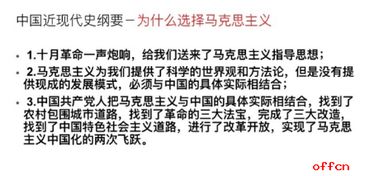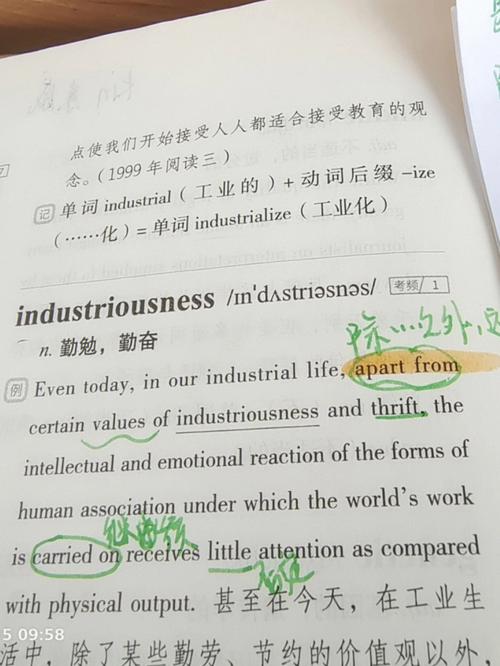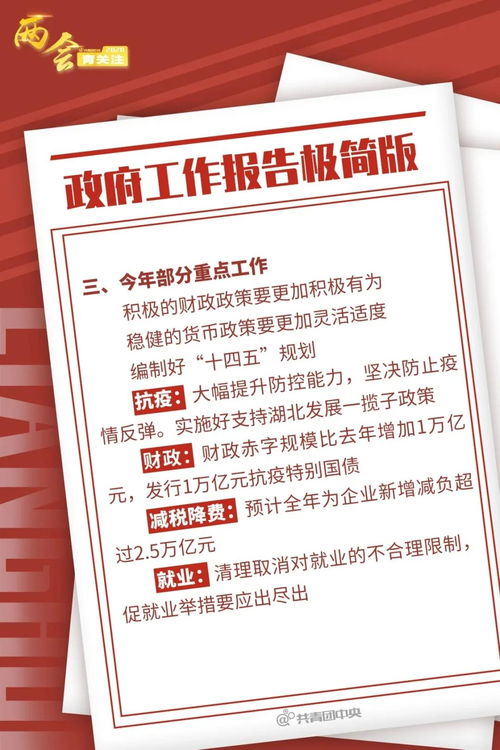政治考研考哪些科目
In conclusion, success in the political science section of the graduate entrance examination requires a comprehensive understanding of its five key components: political theory, comparative politics, Indian political system and governance, international relations, and political economy. By mastering these areas, analyzing case studies, and staying informed about current affairs, you can enhance your knowledge and performance in the examination.

Preparing for the political science section of the graduate entrance examination requires a thorough understanding of its five key components. Here, we delve into each part, offering insights and guidance to help you excel in your studies and examination.
Comparative politics involves the systematic study and comparison of political systems, institutions, and processes across different countries and regions. To succeed in this section, develop a comprehensive understanding of various political systems, including democracies, authoritarian regimes, and hybrid systems. Pay attention to factors such as governance structures, electoral systems, party politics, and the role of institutions. Analyze case studies, compare political dynamics in different countries, and be able to identify patterns and trends in political development.
International relations focus on the study of interactions between states, nonstate actors, and global institutions in the international system. To excel in this section, grasp fundamental concepts such as sovereignty, power, diplomacy, conflict, and cooperation. Study the theories of international relations, including realism, liberalism, constructivism, and Marxism, and apply them to analyze contemporary issues such as globalization, security, human rights, and environmental sustainability. Stay informed about current events and global trends shaping the international political landscape.
Political economy examines the relationship between politics and economics, exploring how government policies and institutions influence economic outcomes and vice versa. To succeed in this section, understand basic economic principles, including supply and demand, market structures, fiscal and monetary policies, and economic development theories. Analyze the role of the state in regulating markets, promoting economic growth, and addressing issues such as inequality, poverty, and unemployment. Stay updated on economic policies, reforms, and challenges facing different countries and regions.
Comprehensive Guide to the Five Parts of Political Science for Graduate Entrance Examination
Political theory forms the foundation of political science, encompassing concepts such as justice, liberty, equality, and sovereignty. To excel in this section, focus on understanding the major political theories throughout history, including liberalism, socialism, communism, and feminism. Additionally, familiarize yourself with the works of influential political theorists like Plato, Aristotle, Machiavelli, Hobbes, Locke, Rousseau, Marx, and Rawls. Analyze their ideas, compare and contrast different perspectives, and critically evaluate their relevance in contemporary political discourse.
For candidates preparing for examinations in India, a thorough understanding of the Indian political system and governance is essential. Study the Indian Constitution, its key features, amendments, and significant judicial interpretations. Familiarize yourself with the structure of government, including the roles and functions of the executive, legislature, and judiciary. Stay updated on current affairs and developments in Indian politics, including recent policy initiatives, legislative reforms, and major political events.












评论